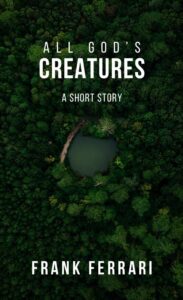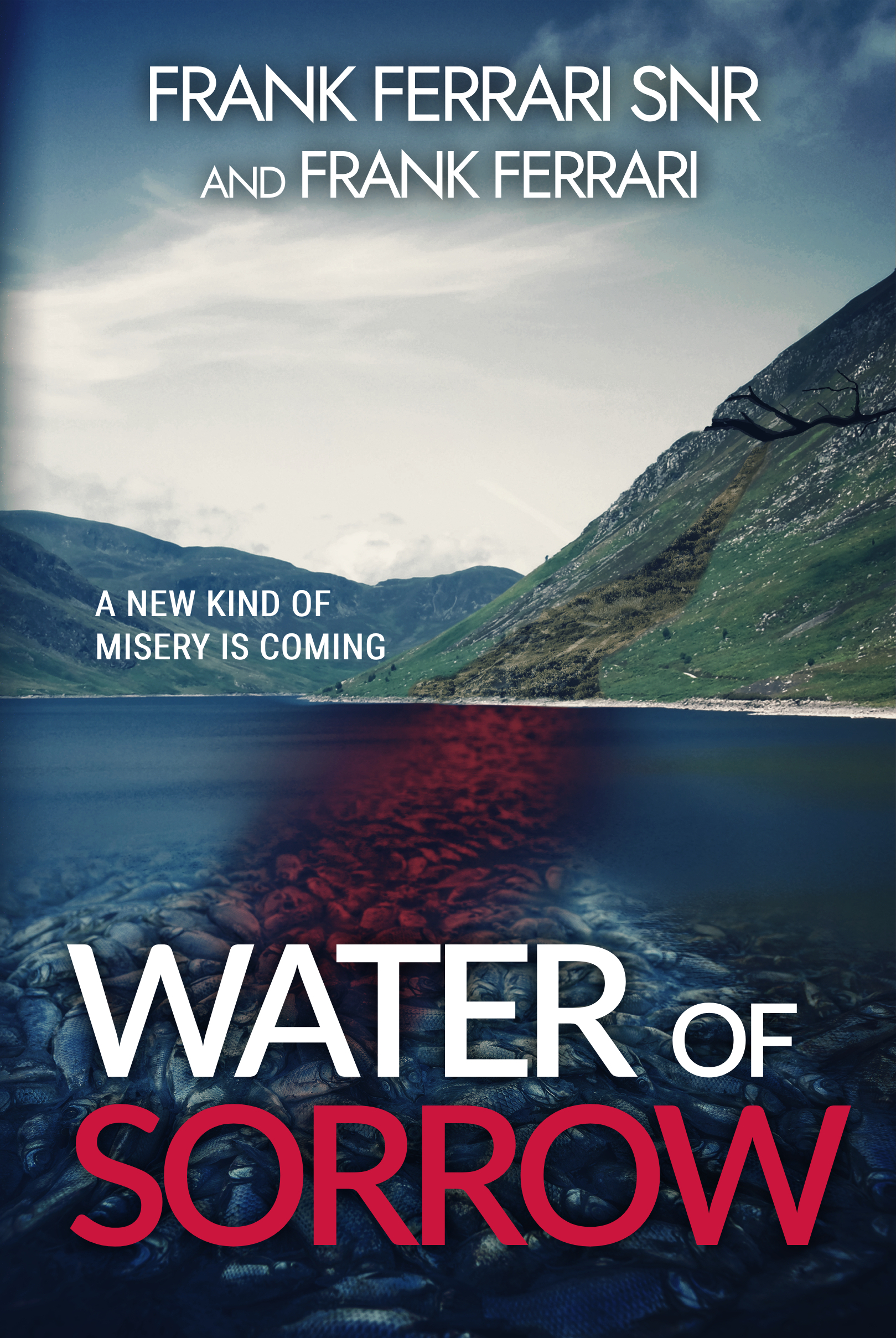WATER OF SORROW
A new kind of misery is coming.
When the Highland Boundary fault rumbles and the rural region of Strathearn experiences its most severe earthquake since records began, Glencruach Estate manager James Melville and local vet Michael McMullan can’t help but wonder whether the abnormal growth they’ve observed in the local animal and plant life is somehow connected.
Then, when the wildlife is decimated and people become sick, Strathearn is locked down. When the sick begin to die, it becomes apparent that the infection gripping the rural area is unlike anything the world has seen before, and a sinister group, seeking to spread this new kind of misery beyond the quarantine zone, emerges.
James and Michael, aided by Michael’s sisters – Maria, a geophysicist sent to survey the aftermath of the earthquake, and Julia, an A&E doctor volunteering at the local hospital – find themselves in a race against time to prevent the outbreak from becoming a global pandemic.
Gripping and full of suspense, Water of Sorrow is a fast-paced thriller that will make your heart pound, and will keep you on the edge of your seat.
“Water of Sorrow” is a suspenseful thriller that grabs you from the start and doesn’t let go.
Extremely engaging read with fantastic characters, an “edge of chair” story line, and entertainingly scary and funny at the same time!Two thumbs up from me!!
Thought-provoking and exciting at the same time. If you enjoy thrillers with a scientific twist, this one is definitely worth reading!
SAMPLE CHAPTER

What would you do if all the animals vanished?
What started as just another mundane morning soon turned sinister when Hannah, a nursing graduate and community carer, realises that none of the usual animals she sees on her daily route are present.
Then, when she arrives at her first appointment of the day with Steven Prinder, a blind alcoholic with a bad temper and a chip on his shoulder, the news reports emerge.
Soon, Hannah realises something cataclysmic is going on. Something that was foreseen centuries ago, and from which there appears to be no escape…

